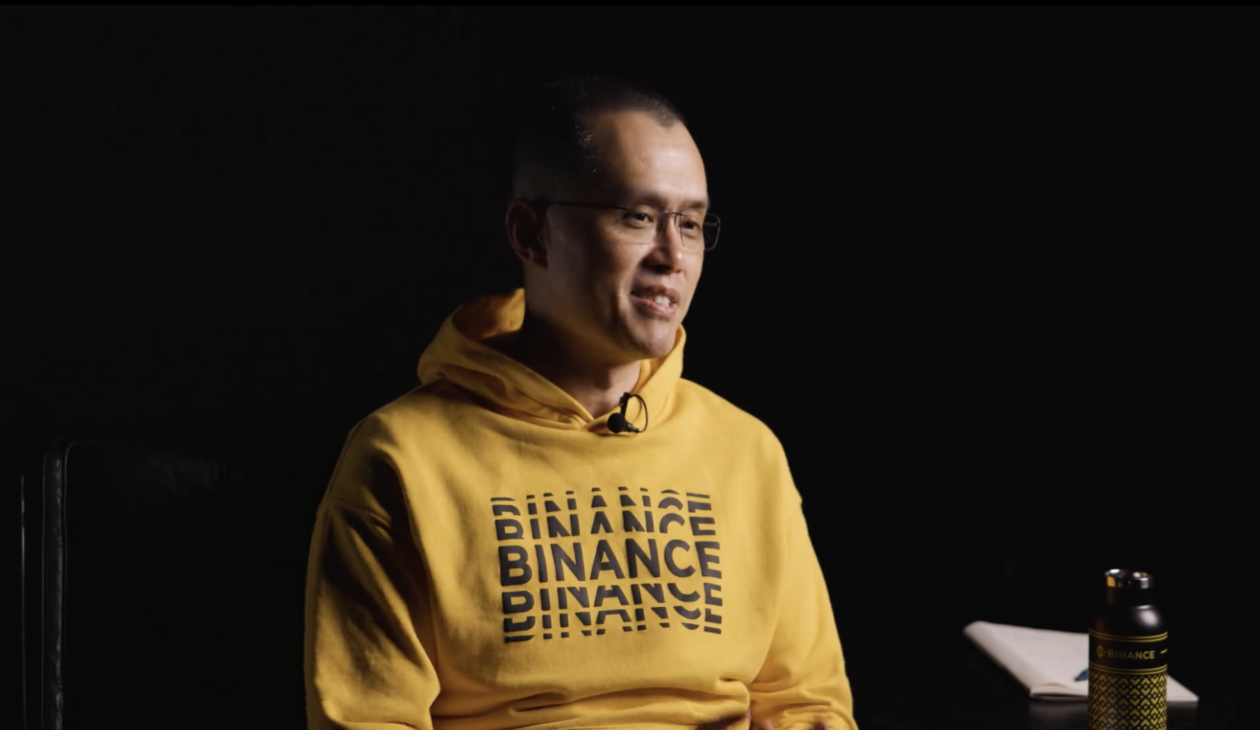Binance, the world’s largest cryptocurrency exchange, reportedly didn’t disclose the extent of its ties and control over Binance.US, a supposedly independent unit set up to comply with U.S. financial regulations, according to the Wall Street Journal, which cited internal documents and communications that it said it had reviewed.
See related article: At least US$577 million of Blur-linked NFT sales are wash trades, CryptoSlam says
Fast facts
- Binance programmers in Shanghai had control over the software code that supported Binance.US users’ digital wallets, which could give them access to U.S. customer data, the WSJ reported citing internal Telegram text messages from 2019.
- A Binance.US spokeswoman cited by the WSJ in the story said the company and Binance never mixed user data.
- While Binance said it would no longer accept U.S. customers upon the launch of the U.S. entity, its officials reportedly discussed ways to keep U.S. investors, including encouraging the use of VPNs, the Journal report says.
- The WSJ report alleges that Binance did not disclose that BAM Trading, a company it partnered to establish Binance.US, was essentially controlled by Binance chief Changpeng Zhao when registering the U.S. entity with the country’s authorities in 2019. Binance itself was barred from operations in the U.S. in the same year.
- The U.S. Securities and Exchange Commission is investigating the relationship between Binance.US and two trading firms, Merit Peak Ltd. and Sigma Chain AG, affiliated with Binance chief Changpeng Zhao, the report said.
- The WSJ said the revelations could damage Binance’s position with U.S. regulators.
- “We have already acknowledged that we did not have adequate compliance and controls in place during those early years,” a Binance spokesperson told Forkast via Telegram. “While growing at such a rapid pace, we made some initial missteps which have now been rectified.”
See related article: Binance expects to pay penalties to settle U.S. probes: Wall Street Journal





